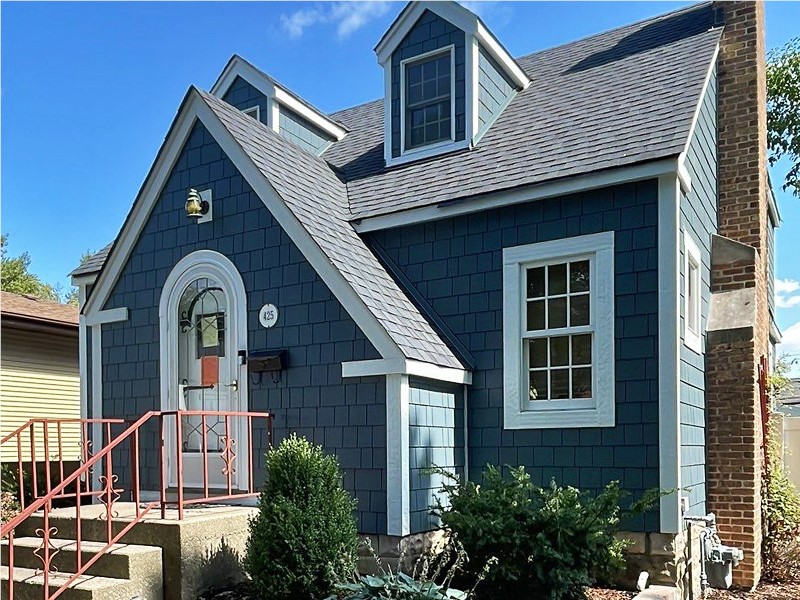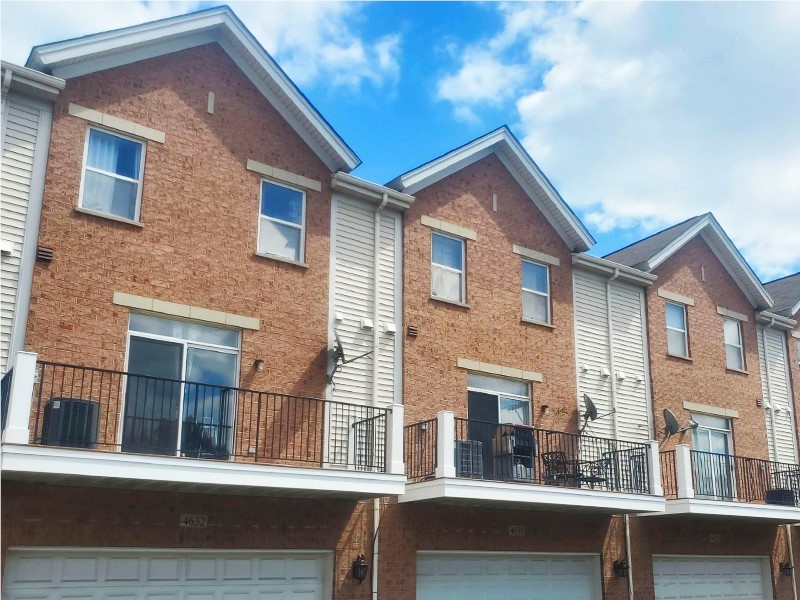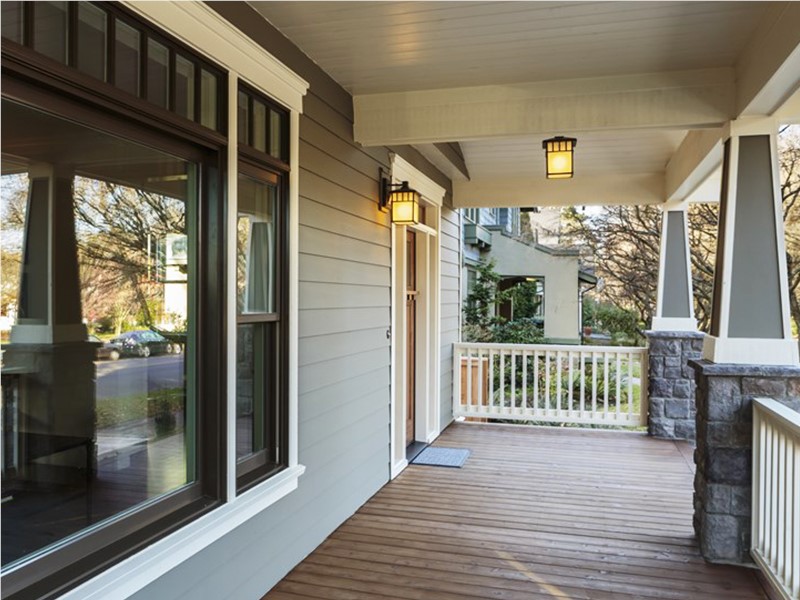Why does insurance matter?
Most states require that contractors provide proof of insurance as part of obtaining a trade license or registering the business and it covers:
Liability – covers property damage and injuries caused by the contractor’s work.
Workers’ Compensation – provides monetary damages to injured workers, including lost wages and medical services.
All contractors you hire should be insured. If you decide to hire an uninsured contractor, it places you in greater risk for liability in case the contractor or his/her workers become injured while doing work on your property.
What is business registration?
It is the process of registering a business in a specific state and requires contractors to obtain proof of insurance and paying a fee. Some states may require an additional step of purchasing a bond and may require contractors to undergo supplementary testing. However, most states use licensing and registration interchangeably.
What is licensing?
In order to obtain a contractor’s license, the contractor must register with the license-issuing agency, for example the State of Illinois. Most states require that contractors establish proof of insurance as part of obtaining a trade license or registering. Most states use licensing and registration interchangeably.
What is bonding?
A bond is a type of insurance policy a contractor purchases in order to protect the contractor’s clients if he or she fails to complete a job properly, in addition to other financial obligations. Also, a contractor’s bond protects clients from being burdened with an unpaid bill or unpaid workers who worked on the project, caused damage to the property, or if theft occurred on the property.
However, bonding is mostly used on commercial projects and certain large and complex residential projects. There are numerous types of bonds, including bid bonds, performance bonds, wage and benefit bonds and license bonds. However, most residential and single-family properties do not involve bonding, unless a specific municipality requires it.
License
Most construction contractors in Illinois are not required to obtain a state-wide contractor license. However, a general contractor will need to register and obtain a license from his or her local county or city. Since requirements vary from jurisdiction to jurisdiction and change periodically, it is best to contact the local building authority, as well as state departments for details on any updates.
Consequently, roofing contractors need to be certified by the Illinois Department of Professional Regulation and hold a state-issued license which must be renewed biennially. Such regulations are set in place to protect the public to ensure work and services offered by contractors are of highest quality and meet appropriate safety standards. One of such requirements obliges a designated individual from the roofing company to pass a state examination. Additionally, roofing contractors are required to obtain insurance and contractor license bond.
Registration
In most states, licensing and registration are used interchangeably. It is the process of registering the business in the local city or county.
Insurance
An Illinois requirement for roofing contractors is to obtain a minimum of $250,000 property damage insurance and $500,000 personal injury insurance.
Contractor license bond
An Illinois roofing contractor must have a minimum $10,000 contractor license bond, as well as additional and separate bonds if a particular City or Village requires it.
However, it is important to remember that there are many different types of bonds, including bid bonds, performance bonds, wage and benefit bonds and license bonds. Bonding is mostly used on commercial projects and certain large residential projects and most single-family properties do not involve bonding, unless a specific municipality requires it, or if a homeowner specifically requests it.
If a homeowner does request a bond to be posted, he/she must have familiarity with the entire process, as well as the legal aspects of this practice. The contractor will also have to increase his/her price accordingly to cover the additional cost of the bond which will be passed on to the homeowner.
PRO Home 1, an Illinois siding and roofing company, is licensed, insured and bonded and we are obligated to continue to meet high standards of workmanship and quality service. Local and state laws and requirements vary and may change intermittently, so it is essential to be fully apprised on the current status with various departments.
If you need exterior home remodeling, or know someone who does, please contact us - we give you straight talk, so you can be home proud. Just let us know how we can help you with your next remodeling project!
Subscribe to Pro Home 1's Blog









Comments